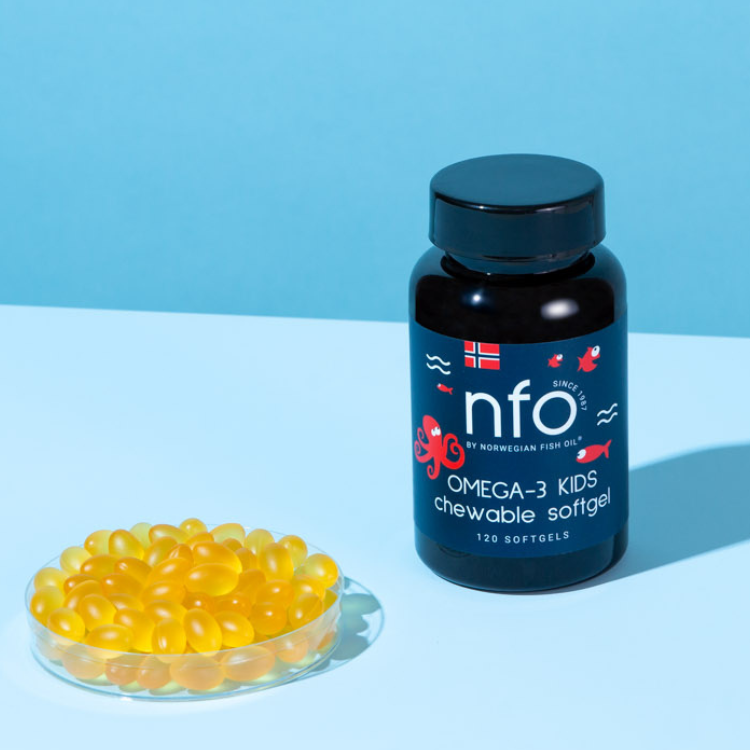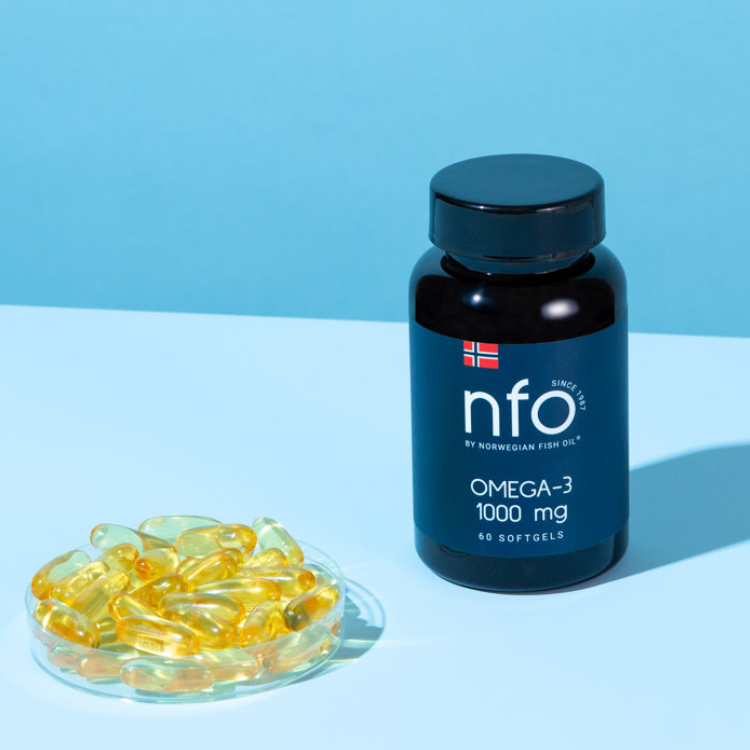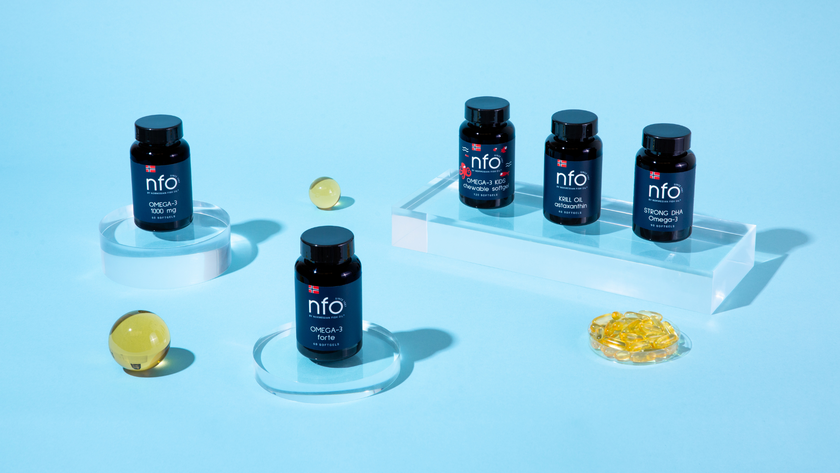Why Vitamins Matter for Children
Vitamins and minerals are essential micronutrients that play a vital role in a child’s physical and mental development. Nutrient deficiencies can lead to growth impairments, weakened immunity, and developmental delays (Dietary Guidelines for Americans, 2020). Despite the availability of nutrient-dense foods, some children may require supplementation to fill dietary gaps caused by picky eating or specific health conditions (Chao et al., 2021).
Vitamins for Immunity
Vitamin C
Vitamin C is one of the most well-known nutrients for boosting the immune system. It helps protect cells from oxidative stress and enhances the production of white blood cells, which fight infections (Carr & Maggini, 2017). Foods such as oranges, strawberries, and bell peppers are excellent sources of vitamin C.
Vitamin A
Vitamin A plays a critical role in maintaining skin and mucous membranes, which act as barriers to infections. Clinical research also highlights its role in reducing the severity of respiratory infections (Amimo et al., 2022). Include foods like sweet potatoes, carrots, and spinach in your child’s diet to ensure adequate vitamin A intake.
Vitamin D
Often called the “sunshine vitamin,” vitamin D strengthens bones and supports immune function. However, vitamin D deficiency is common, especially in regions with limited sunlight (Simon et al., 2020). Fortified dairy products and fish like salmon are good dietary sources, but supplementation may be necessary in some cases.
Brain Health and Cognitive Development
Omega-3 Fatty Acids
Omega-3 fatty acids, particularly DHA, are crucial for brain development and cognitive function. Studies suggest that supplementation with omega-3s improves attention and memory in children (van der Wurff et al., 2020). Fatty fish like salmon and mackerel are excellent sources of omega-3s, and plant-based options include flaxseeds and walnuts.
B Vitamins
B vitamins, including B6, B12, and folate, support brain function and the production of neurotransmitters. A deficiency in vitamin B12, for instance, has been linked to developmental delays (El Hasbaoui et al., 2021). Incorporate eggs, dairy products, and whole grains into your child’s meals to boost their B vitamin levels.
Iron: A Vital Nutrient
Iron is essential for producing hemoglobin, which transports oxygen throughout the body. Iron deficiency can lead to anemia, fatigue, and developmental issues (Moustarah et al., 2024). Iron-rich foods include lean meats, beans, lentils, and fortified cereals. Pairing these foods with vitamin C-rich options enhances iron absorption.
Other Key Nutrients
Calcium and Vitamin D
Bone health is a critical aspect of childhood development. Calcium and vitamin D work synergistically to build strong bones and teeth. Dairy products, fortified plant-based milks, and leafy greens are rich sources of calcium, while vitamin D is best obtained through sunlight and fortified foods (Abrams, 2021).
Zinc
Zinc is vital for cell growth, wound healing, and immune function. Shellfish, red meat, and seeds are excellent dietary sources. Zinc supplementation may be beneficial for children with recurrent infections (Chao et al., 2021).
Magnesium
Magnesium supports muscle function, energy production, and nerve signaling. Nuts, seeds, and whole grains are rich in magnesium and can easily be included in school lunches or snacks.
Challenges and Risks in Vitamin Supplementation
While supplements can fill nutritional gaps, excessive intake poses risks. For instance, too much vitamin D can cause hypercalcemia, leading to kidney damage (Gérard et al., 2022). Similarly, over-supplementation of iron may result in gastrointestinal issues. It is crucial to consult a healthcare provider before starting any supplement regimen.
Strategies for Ensuring Optimal Nutrition
Balanced Diet
A well-balanced diet rich in fruits, vegetables, whole grains, and proteins usually provides all the necessary nutrients. The Dietary Guidelines for Americans (2020) emphasize the importance of whole foods over supplements for most children.
Addressing Picky Eating
Picky eating is a common challenge for parents. Strategies such as involving children in meal preparation and introducing new foods gradually can encourage healthier eating habits (Gan et al., 2021).
Fortified Foods
Fortified foods like cereals and plant-based milks can be excellent sources of essential nutrients for children who avoid certain food groups (Andueza et al., 2022).
Conclusion
Vitamins and minerals are fundamental to a child’s growth, development, and overall health. While a balanced diet is the best way to meet these nutritional needs, supplements may be necessary for some children. Parents should consult healthcare professionals to determine the most appropriate options for their kids. With the right approach, you can ensure your child receives the nutrients they need to thrive.
References
- Abrams SA. (2021). Bone health in school age children: Effects of nutritional intake on outcomes.
- Amimo JO, et al. (2022). Immune impairment associated with vitamin A deficiency.
- Andueza N, et al. (2022). Effectiveness of nutritional strategies on diet quality in children.
- Carr AC, Maggini S. (2017). Vitamin C and immune function.
- Chao H-C, et al. (2021). Serum trace element levels and picky eating behavior.
- Dietary guidelines for Americans, 2020–2025.
- El Hasbaoui B, et al. (2021). Vitamin B12 deficiency: Case report and review of literature.
- Gan K, et al. (2021). Picky eating and nutrient intake in children.
- Gérard AO, et al. (2022). Hypercalcemia from vitamin D intoxication in infants.
- Moustarah F, et al. (2024). Dietary iron.
- Simon AE, et al. (2020). Adherence to vitamin D intake guidelines.
- van der Wurff ISM, et al. (2020). Omega-3 supplementation and cognition in children.









